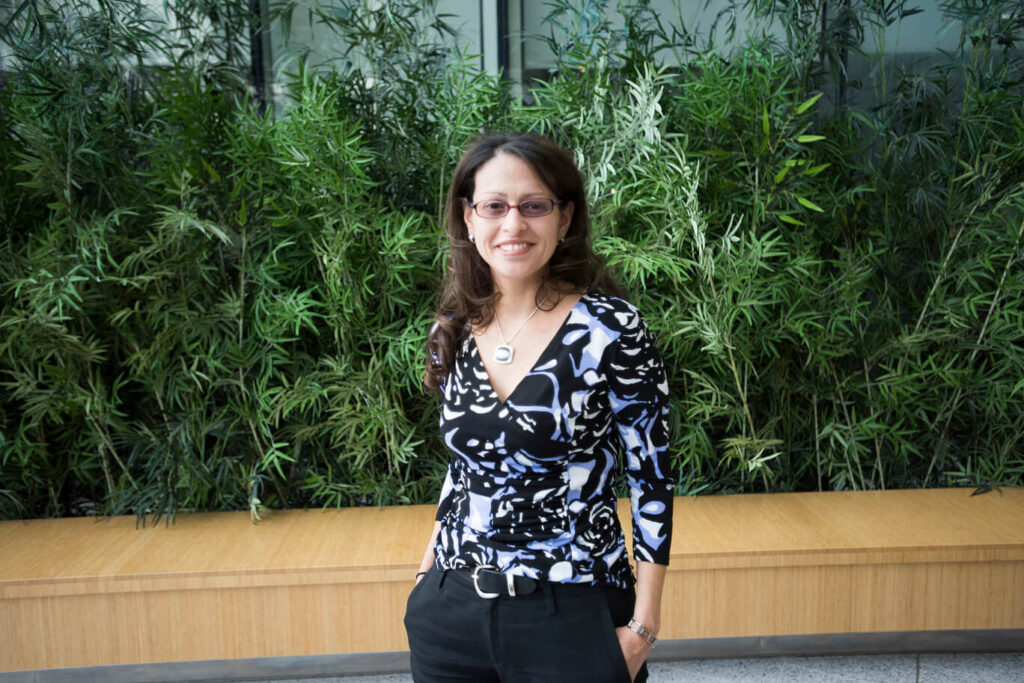The healthcare sector is responsible for approximately 8.5% of carbon emissions in the United States, and when it comes to sustainability, it’s a sector that faces particular challenges. Unlike most businesses, hospitals are open and operating 24 hours a day, seven days a week, with significant power required to run medical equipment, air handling systems, sterilization processing units, refrigeration facilities, laboratories and complex technology around the clock. Healthcare also generates a range of waste products, including medical wastes — hazardous, toxic, infectious, radioactive materials and sharps — that require special types of treatment and disposal methods.
Identifying and implementing ways to reduce a hospital’s carbon footprint, decrease the amount of waste sent to landfills and adopt environmentally responsible practices demands a collective and coordinated hospital-wide effort.
At Massachusetts General Hospital, the Center for the Environment and Health is working to implement best practices around energy and material usage — like reducing the use of harmful chemicals in sanitization and cleaning on campus — so that our community is safe from environmental harm. The Center also works to ensure that food served at Mass General is plant-centered and that the meat served is free of unnecessary antibiotics.
Here are a few of the Center’s initiatives aimed at improving environmentally sustainable practices at Mass General:
1. The “Green Your Lab” Initiative
A unique collaborative effort between the Mass General Research Institute and the Center for the Environment and Health, the Green Your Lab initiative is part of a hospital-wide effort that offers members of the research community a customized consultation to help reduce the environmental impact of their labs and research processes. By partnering with My Green Labs, a non-profit organization with a mission to build a global culture of sustainability in science, for lab certification, the Center is able to identify and implement ways to improve sustainability in lab spaces.
2. Greenhouse Gas Emissions Measurement
Mass General has developed the ability to accurately and consistently measure its greenhouse gas emissions, allowing for future initiatives to be evidence-based and targeted at areas with the highest emissions. Mass General Brigham has reduced energy-associated greenhouse gas emissions by about 58% since 2008 (based on a baseline business-as-usual trendline), with 20% of this reduction being the result of energy conservation measures, and 37% percent resulting from the procurement of carbon-free electricity.
3. The new Phillip and Susan Ragon Building
The Phillip and Susan Ragon Building will be home to Mass General Cancer Center and the Corrigan Minehan Heart Center. Designed in close collaboration with environmental and clinical experts across the hospital, the new building will be the most environmentally friendly and most sustainable ever built at Mass General. Continuing the work already being done at Mass General — the whole campus already uses 100% renewable energy — 85% of the building’s energy will come from non-fossil fuel sources, and heat recovery pumps will be used to heat incoming fresh air and reduce energy demand. The building will have highly insulated walls and windows, and LED lights. The kitchen will feature electric appliances including induction cooktops.
Energy recovery systems will provide 90% of annual heating needs, cooking facilities will use 100% electrical power, there will be no natural gas used on site and the building façade will be flood resistant. In addition, the building will have the ability to operate in “island mode” for three days, operating completely self-sufficiently and with the ability to board and provide inpatient care for patients from across the entire hospital in the event of an emergency or natural disaster.
4. Limiting Waste Generation
Mass General is working to reduce waste produced by single-use equipment and to reduce biohazard “red bag waste” contamination. Red bag waste includes items that have been contaminated with blood or other infectious substances and currently constitutes 85% of all Mass General waste. The goal is to reduce biohazardous waste to less than 10% of all waste. The Center for the Environment and Health is analyzing the most efficient waste disposal practices in order to prevent unnecessary waste generation and contamination.
However, the most effective way to combat waste disposal issues is to reduce the amount of waste product generated in the first place, thereby also reducing the negative impacts of manufacturing. To this end, the Center for the Environment and Health is working to reduce the use of single-use equipment, both through identifying reusable alternatives and sending equipment for reprocessing whenever possible, rather than throwing materials away.
5. Reduced Anesthesia Related Carbon Emissions by 75%
Anesthetic gases are the largest single source of carbon emissions in healthcare settings. When released into the atmosphere, they act as greenhouse gases, contributing to global warming. A team of Department of Anesthesia, Critical Care and Pain Medicine clinicians are taking important steps to reduce the service line’s outsized environmental footprint without compromising the quality of patient care.
The team is committed to improving the impact of pain management on the environment while also providing the highest quality of care for patients — never one at the expense of the other. Some of the best anesthetic regimens for reducing a patient’s risk of post-operative nausea — which is one of the most significant factors related to patient satisfaction ratings with anesthetic care — are also the most beneficial anesthetic choices to reduce global warming.
To support the Center for the Environment and Health and help ensure a sustainable future at Mass General, click here.






